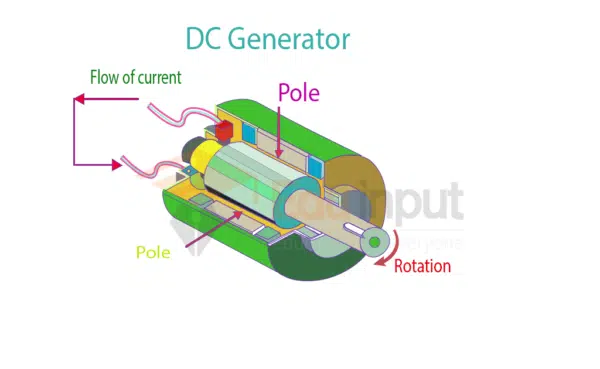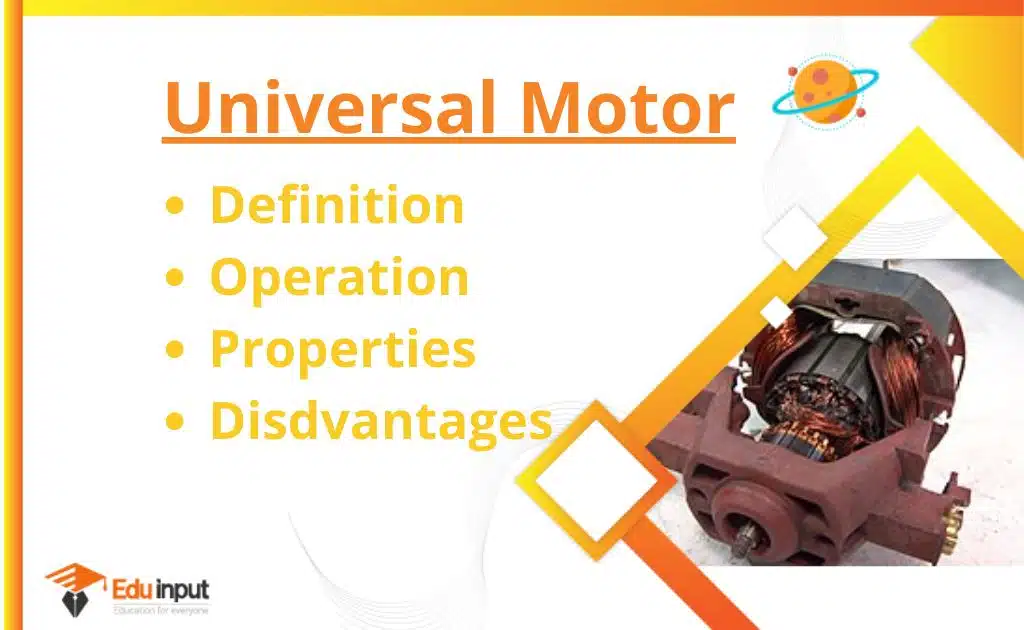Difference Between Generator And Inverter
The main difference between generator and inverter is a generator produces electrical power from an external source, and an inverter draws power from a fixed DC source and converts it into AC. There are two main types of technology used for distributing electricity: generators and inverters.
Inverters are used to convert direct current into alternating current, which is the standard used by all household appliances. Generators, on the other hand, generate electricity from different sources of mechanical energy.
Generators are typically used in home and off-grid power systems. They produce direct current, which can be used for lighting, heat, power tools, and other appliances. Inverters are typically used in utility-scale power systems. They convert direct current to alternating current and can be used to provide power to a commercial building or a grid.
What is Generator?
A generator is an electrical device that converts mechanical energy into electrical energy. A generator consists of a rotating shaft that is connected to an electromagnet. The rotating shaft produces a magnetic field in a generator that is then converted into an electrical current.

The generator produces AC current, which is then converted into DC current. The generator is used in many different types of electrical devices, including those used in refrigerators, air conditioners, and portable heaters. An inverter is an electrical device that converts DC current into AC current. There are many types of generator
What is an inverter?
An inverter is a device that converts Direct Current (DC) to Alternating Current (AC) in order to produce electricity. However, this is not always the case. This is because in some cases, an inverter is simply a generator used to power appliances. The main difference between a generator and an inverter is that a generator uses the movement of a mechanical device to generate electricity. In contrast, an inverter uses a converter to produce electricity.
Difference Between Generator and Inverter
There are some differences between generators and inverters.
| Inverter | Generator |
|---|---|
| The inverter is an electric device that converts DC to AC. | The generator is a device that converts mechanical energy into electrical energy. |
| In case of power failure, it starts automatically without a gap in power onset. | In case of power failure, the generator takes time and effort to start. |
| Inverters are powered by electric power. | Generators use diesel and petrol as fuel. |
| There is no need for continuous maintenance. | Continuous maintenance is required for the generator. |
| The inverters are low-capacity devices. | The power generation capacity of the generator is high. |
| It is an ideal device for home appliances with a short power cut. | Generators can be used to overcome the long power cuts. |
Frequently Asked Questions-FAQs
Which is better inverter or generator?
Inverter generators are not as powerful as traditional generators, but they are more efficient. AC current is produced by the inverter generator more efficiently than by a conventional generator.
Can an inverter generator run a refrigerator?
Inverter generators can technically run a fridge, but they will use more power than the refrigerator does typically. It’s best to use an alternator generator for this appliance in order to save on power.
Do the inverter and generator use the same fuel?
No, the inverter and generator use the same fuel. Generators use diesel and petrol as fuel while inverters used electric power.
Which is the more economical inverter or generator?
The generators are more economical than inverters.







Leave a Reply